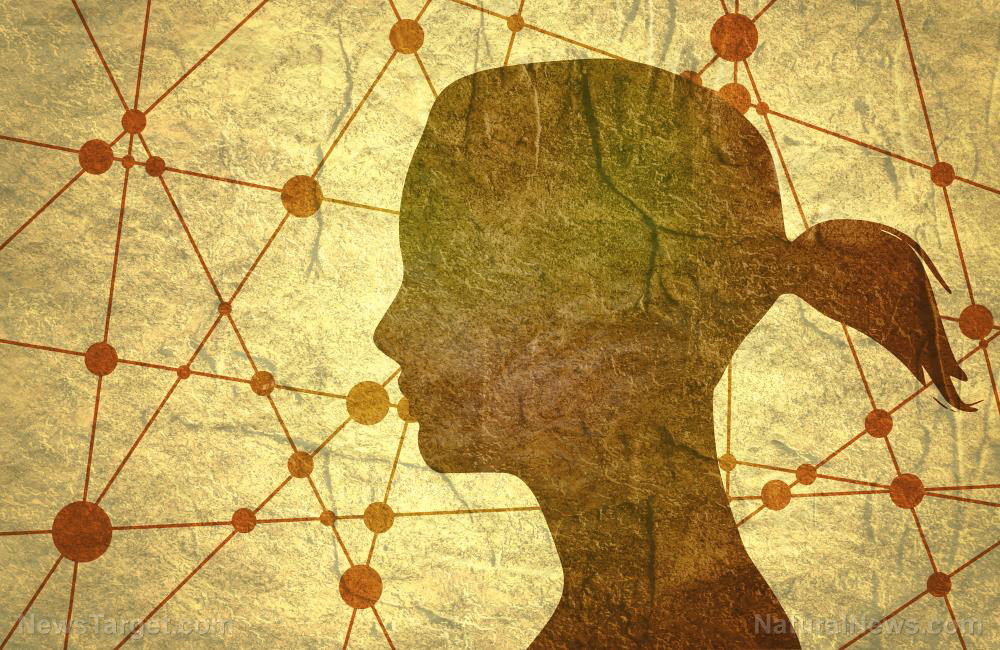Mental health and brain waves: 6 Benefits of neurofeedback therapy
08/26/2020 / By Virgilio Marin

Mental health forms an important aspect of a person’s overall well-being. To boost mental health, people often employ various practices such as yoga and meditation. An effective addition to a person’s mental health arsenal is neurofeedback therapy – a novel method that involves training your brain to help you relax and focus.
What is neurofeedback therapy?
Neurofeedback is also known as neurotherapy, neurobiofeedback and electroencephalogram, or EEG, biofeedback. It is a therapeutic intervention that involves monitoring brainwave activity so you can achieve greater control of your brain.
Brain cells generate electricity to communicate with each other. This electrical activity forms patterns called brain waves that are measurable by electroencephalography, a non-invasive method of recording electrical activity using sensors on the scalp.
There are five main patterns of brain waves: gamma, beta, alpha, theta and delta. They correspond to different states of awareness and functions of the brain:
- Gamma – expanded consciousness and peak focus
- Beta – alertness, attention and cognition. These brain waves are highly active when a person is engaged in cognitive processes such as problem-solving and decision-making.
- Alpha – relaxation and meditation. These waves dominate when the brain is in a resting state.
- Theta – sleep, learning, memory, intuition and deep meditation
- Delta – deepest meditation, dreamless sleep and healing
A person cycles in and out of these different brainwave states throughout the day and night. But while they play important functions, they can have adverse effects on your mental health when activated for long periods of time or during certain situations. A beta brainwave state, for example, dominates the brain when a person is alert. However, it can lead to feelings of fear and anxiety when maintained too long.
Neurofeedback helps you bring a preferred, healthier brainwave state at will. It involves using a computer-based program that assesses and provides feedback on your brainwave activity. Using this feedback, the program provides sound or visual cues to retrain brain signals. This way, you learn to regulate and improve brain function.
Benefits of neurofeedback therapy
The benefits of neurofeedback therapy include:
1. Helps you manage stress better
Neurofeedback improves stress management by helping you develop a mental strategy that allows you to respond better to stressful scenarios.
2. Offers an alternative treatment
Standard medications for treating mental disorders do not work for everyone. In some cases, antidepressant drugs such as fluoxetine can stop working over time. Neurofeedback therapy offers an alternative option for people who do not respond well to such modern medicines. It also do not come with the adverse effects that are commonly associated with psychiatric drugs. (Related: Depression pills are increasing mental health problems, suicides.)
3. Can be learned and mastered
In neurofeedback therapy, you learn how to achieve greater control of your brain and consciously access a desired brainwave state. You develop a skill that, once mastered, can last for a lifetime.
4. Contributes to holistic wellness
Mental health pervades every aspect of a person’s life, from work to family to personal fulfillment to even physical health. Improvements made through neurofeedback can carry over from one aspect of your well-being to other aspects.
5. Puts you in charge of your mental health
Neurofeedback can be empowering as it puts you in charge of your mental health. It allows you to master your emotions and consciously summon brainwave states.
6. Can be done by anyone
Neurofeedback is not difficult to do. It can be learned by adults of any age and even kids.
Mental health professionals have used neurofeedback therapy for treating a variety of neurological disorders such as:
- depression
- anxiety
- attention disorders
- insomnia
- schizophrenia
- eating disorders
- epilepsy
- autism
- memory loss
- learning disabilities
- substance abuse
- post-traumatic stress disorder (PTSD)
- traumatic brain injuries
Learn more about how neurofeedback works at Psychiatry.news.
Sources include:
Tagged Under: alleviate stress, anxiety relief, brain health, cognitive health, disease treatment, improve memory, mental health, neurofeedback therapy, psychiatry, stress relief, therapy
RECENT NEWS & ARTICLES
COPYRIGHT © 2017 REMEDIES NEWS




















